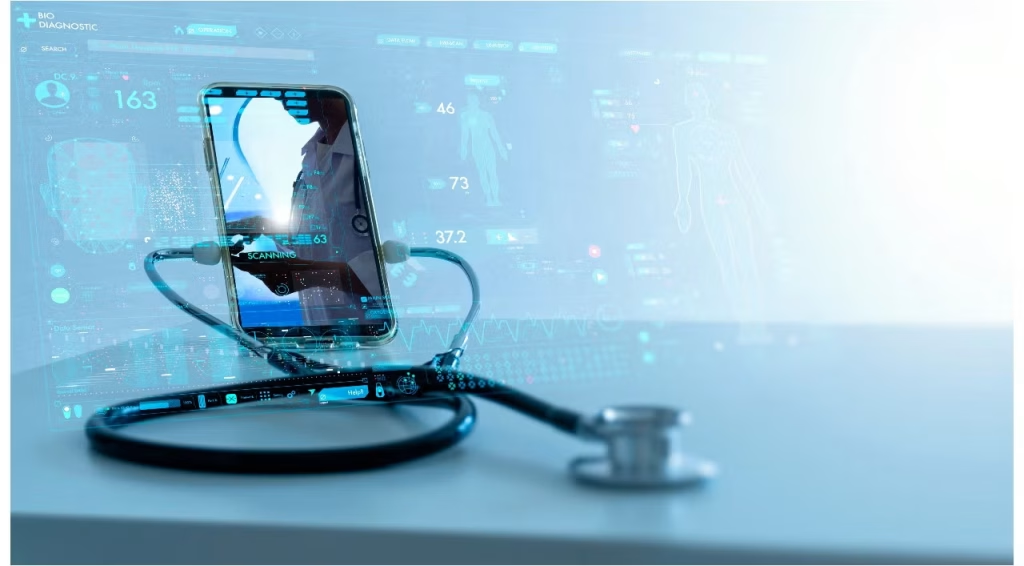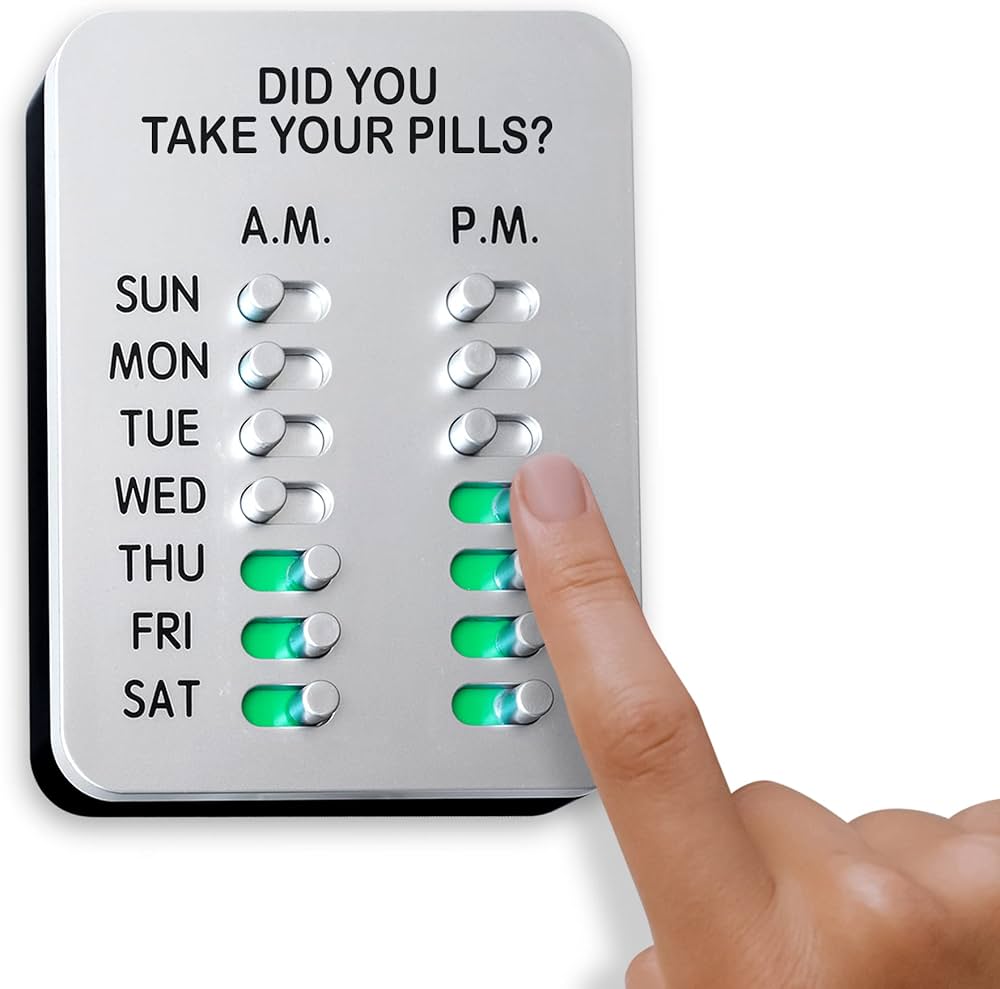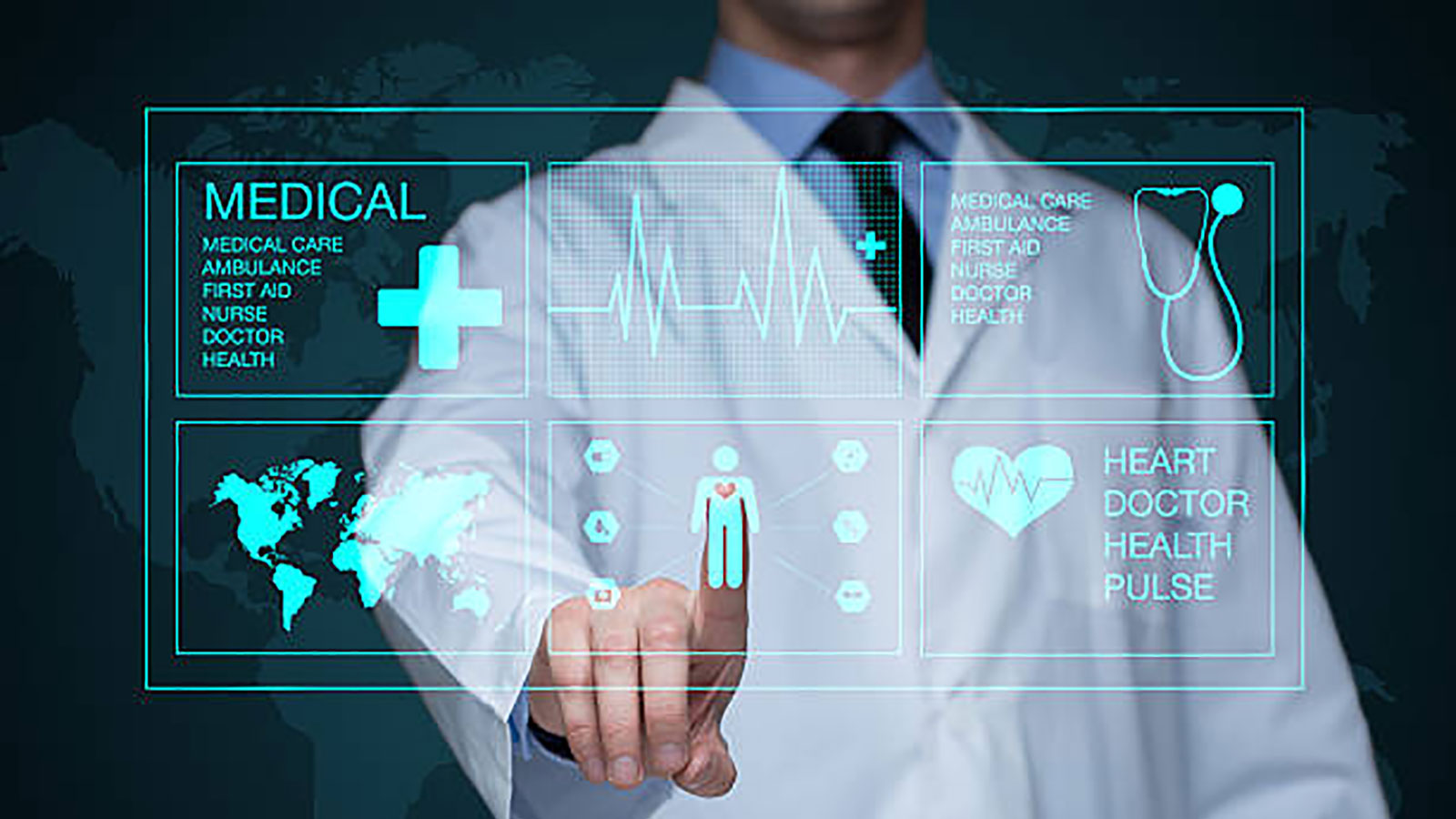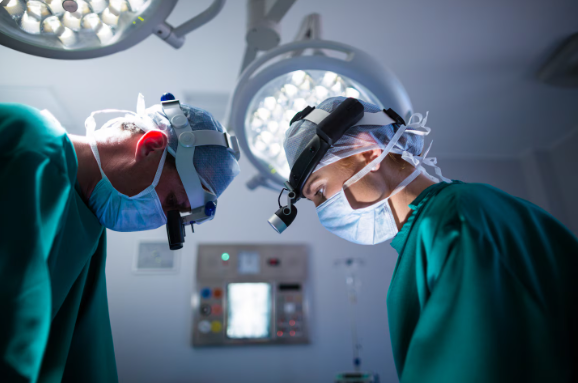AI assists in speeding up the process, making improvements, and managing medical procedures for patients. With AI, doctors can swiftly scan through massive medical databases and identify diseases faster, which makes it easier to determine the appropriate the best treatment. AI can examine X-rays, MRIs, and CT scans to aid in identifying cancer and other diseases that are hard to recognize. It also lets hospitals plan their work, assign assignments, and record their records ,which improves efficiency and reduces the chance of errors.
With AI virtual assistants, they let people know it’s the right time to start taking their medicine or attend an appointment. Overall, the use of AI means that doctors and nurses can make better decisions that improve healthcare efficiency and patient care. The following seven advancements in healthcare technology are transforming the field and making a an impact on the lives of people.
AI Transforming Patient Care
Artificial Intelligence is now improving healthcare by assisting it to improve its efficiency and effectiveness. AI can analyze huge amounts of patient data and identify patterns that are difficult for us humans to recognize. Being able to identify test results earlier allows doctors to prevent or treat diseases. Through the use of AI medical imaging, doctors can quickly and accurately detect problems like cancers or infections on X-rays, MRIs, or CT scans. These instruments aid doctors by suggesting diagnoses and treatment options based on recent research findings in the field of medicine. Time to take care of patients is reduced, and the odds of being successful in your treatment increase.
Computers can analyze the background of a patient’s habits, background and symptoms to recommend the best treatment strategy. Artificial Intelligence is utilized in hospitals to recordkeeping scheduling appointments, as well as making sure that human errors are not made. In everything, AI assists doctors and nurses in making decisions and provides improved patient care and faster recovery. It’s bringing fascinating developments in the field of modern medical practices.
Health Monitoring Wearables
Healthcare professionals are increasingly utilizing smartwatches and fitness trackers in greater numbers. They can perform many functions besides keeping track of steps. They can help keep track of the heart’s rate, monitor your sleep patterns, monitor oxygen levels in your blood, and identify any irregularity in the heart, including atrial fibrillation. The user can gain more information about their health and routine activities by looking at the latest information gathered through their wearables. It is possible to track how stress, exercise, or rest affect their bodies and select habits that work better for them.
For doctors, having this data helps them determine the signs that a patient’s health may be deteriorating and identify early warning signs of any health problems. Both the patient and doctor can react when something abnormal is discovered. Being active with these devices frequently aids users in developing healthy practices. Overall, smart wearables can aid with the early detection of health issues, keep them under control for a long time, making healthcare more accessible and personal to all.
Mobile Health Apps Changing Care

Through mobile health apps, individuals are now able to manage their health with greater efficiency. With these apps, patients suffering from high blood pressure or diabetes can monitor their symptoms, medications taken every day, as well as their daily routines. People can now schedule appointments, receive reminders about their medication, and converse with doctors from their homes. This service is particularly useful for those living in remote regions or who don’t have access to nearby health facilities. There are symptom checkers in a variety of applications to receive advice about your health condition and to determine the severity of a problem.
In certain instances, the devices allow doctors to monitor the health of a patient remotely and in real-time. This can help patients receive better medical treatment and detect health issues at an early stage. By keeping track of their health, individuals are able to easily track their progress and be guided to a better health. Overall mobile apps help to make healthcare more convenient, accessible and easy for all to access.
Robots Helping in Surgeries
Using surgical robots is altering the method of performing many complicated procedures. With the help of robotics, surgeons can perform surgery on the spine and heart with precision that cannot be achieved with the hands of a human. Doctors direct the robot’s actions through input into a computer system, which results in more precise actions. Because surgeons can perform surgeries with a high degree of precision, they can make small cuts, which result in less discomfort, fewer infections, and faster healing for the patients.
Through these systems, surgeons have high-definition, 3D pictures to look better in the surgical space. This is why surgeries can be performed more efficiently and safely. This means that patients will have less time in the hospital and return to their normal routines faster. Overall surgery robots make sure that operations run more smoothly, reduce the risk of complications and aid in faster recovery which makes them a vital tool in the field of healthcare.
Storing Health Records Online
Through the use of EHRs, healthcare has become more efficient and well-organized. With these electronic records, medical personnel can quickly access, edit, and securely review patient data online. The EHRs make it easy for healthcare professionals to share important information and ensure that specialists in dermatology and cardiology can collaborate more effectively. If a patient visits both a dermatologist and a general physician, EHRs enable both physicians to remain in the same place and make more informed decisions.
EHRs allow you to manage paperwork and lower the chance of mistakes because of unclear or difficult-to-understand documentation. They help physicians treat patients quickly. Patients can also review their medical history along with test results, as well as scheduled appointments, anytime they want. EHRs for the field of Dermatology Medical billing allow you to effortlessly monitor the treatment and services you receive to ensure that your payment is in line with the correct. Overall, EHRs provide better medical care, more safety, and stronger relationships between physicians and patients.
Reminders to Take Your Medicine

Fortunately, providers have made taking medication simpler and more secure by offering applications or smart devices. These are extremely beneficial for those who are struggling to remember what they need. When it’s time to take an dose, the reminder apps will notify the user via their smartphone. With an electronic pill dispenser, doses are released automatically when required and the dispenser can also be triggered by sound or an illuminated light. If you miss a dose the system will notify your family or doctor.
In turn, healthcare professionals know the expected outcomes and offer support when needed. The use of these tools reduces the likelihood of patients skipping their appointments, which can lead to numerous health issues. They give more power to the patients’ hands to monitor their health. In the end, medication reminders and smart dispensers increase all patients’ safety, increase the efficacy in treatments, and provide security.
Apps That Help You Stay Healthy
The workout apps include plans for exercise, suggestions on nutrition as well as mental health tools and habit monitors, wellness apps can help people live healthier lives. They assist you in achieving daily health goals like drinking more water, exercising more often and getting enough sleep. A lot of these apps include charts and reminders to keep people engaged. For better mental health, a few companies offer guided meditations and suggestions for dealing with stress.
Many wellness apps are compatible with fitness trackers, smartwatches, or other wearables that provide you with all the data regarding your health. The majority of these apps help make healthy eating easier as well as more enjoyable and easy to stick to every day.
Conclusion
Thanks to the advancement of technology, Healthcare professionals are now able to identify, treat, and treat diseases differently. This means that doctors can perform their duties better, and patients enjoy greater influence over their overall health. Healthcare is improving today thanks to advances in technology such as smartphones and AI. As new technologies are developed, the health care system is becoming more individual and tailored to the requirements of every patient. Knowing these changes is an effective option to ensure the safety of yourself and those around you. Learn about the latest tools and services that will aid in keeping you healthy and improving your overall health today.




